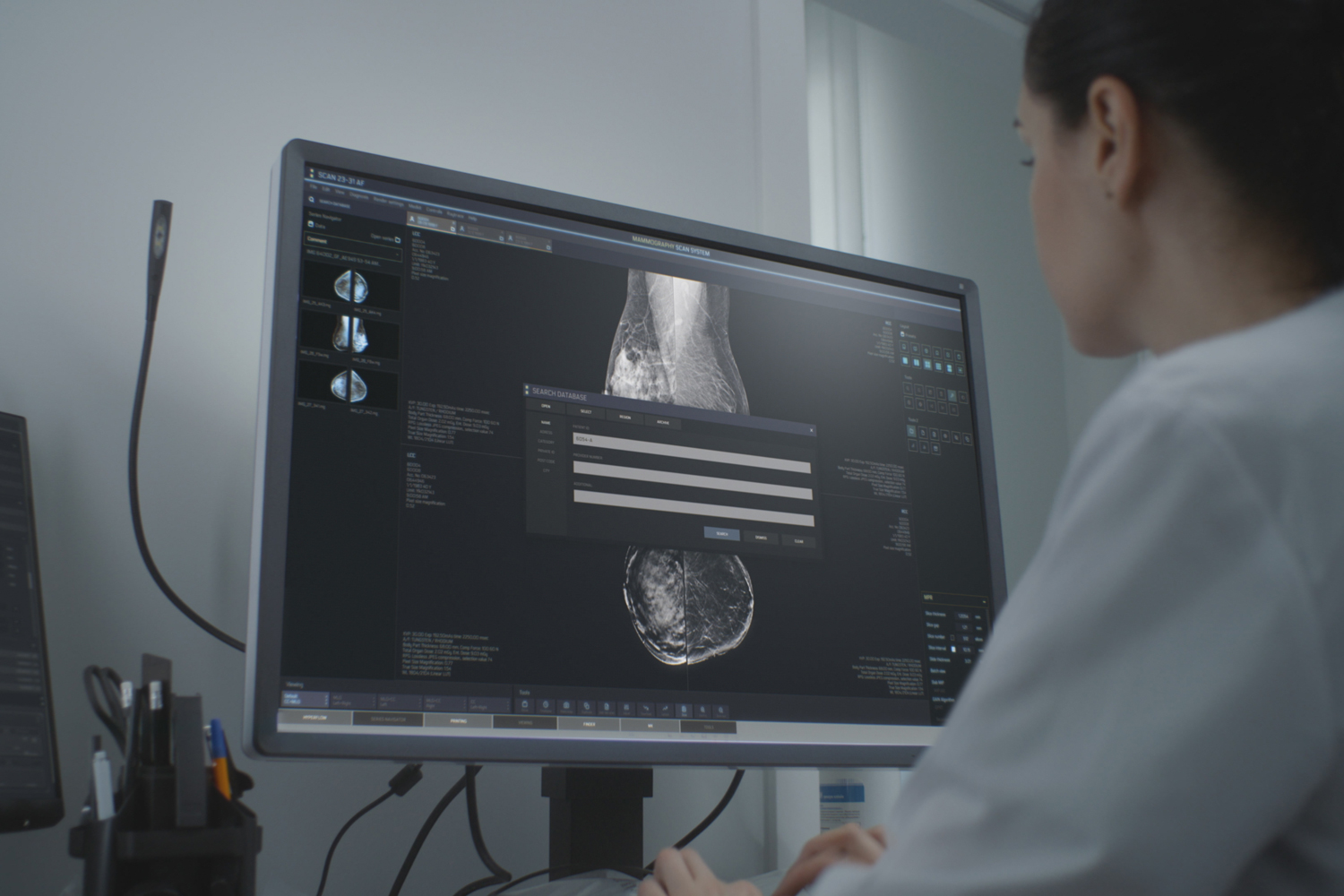Every week, the editors of Cancer Today magazine bring you the top news for cancer patients from around the internet. Stay up to date with the latest cancer research and care by subscribing to our e-newsletter.
Trial to Assess Whether AI-assisted Mammography Improves Detection
Researchers will be conducting a large-scale clinical trial at seven sites across the United States to measure the impact of artificial intelligence (AI) in improving mammograms. The study comes at a time when more breast imaging centers are integrating AI-assisted screening mammography, STAT reported. Trials in Europe found using AI programs to assist radiologists may improve the ability to identify breast cancer tumors. But these findings cannot be generalized to the U.S. due to differences in imaging practices. Mammograms in the U.S. are read by a single radiologist, but two radiologists complete image reviews in Europe. This trial will assess outcomes in real people instead of using “artificial settings,” which has been used as an endpoint in assessing AI systems. “This is one of the first trials that can help us measure the clinical impact of AI solutions when deployed at scale,” said Sanjay Aneja, a radiation oncologist at Yale Cancer Center in New Haven, Connecticut. “We don’t really know if proposed solutions can actually improve the lives of patients or are just part of a growing AI fad that has permeated a number of industries.” Results from the study, which will be conducted over two years, will not be ready until at least 2028, STAT reported.
Vitamin B12 May Reduce Risk for Severe Hand-foot Syndrome
Women with early-stage breast cancer who took oral vitamin B12 supplements while taking a chemotherapy called capecitabine had lower risk of developing severe hand-foot syndrome than those who didn’t take the supplement, according to findings from a phase III trial published in the BMJ. Hand-foot syndrome, which can present as painful swelling, redness or tingling on the palms of the hands and soles of the feet, is a side effect of certain cancer drugs. The trial included 234 women with HER2-negative early-stage breast cancer who were scheduled to take capecitabine. Half the patients took oral methylcobalamin, a form of B12, while the other half took a placebo, Medscape reported. Physicians usually assess the severity of side effects using a grading scale. With grade 2 hand-foot syndrome, people may have blisters, skin peeling and bleeding, and grade 3 usually entails severe pain and difficulty doing everyday tasks. In the study, grade 2 or higher hand-foot syndrome occurred in 14.5% of people in the B12 group vs. 29.1% in the placebo group. In addition, B12 did not increase toxicity or cause treatment-specific side effects. “Even though [vitamin B12] didn’t eliminate hand-foot syndrome, reducing the severity of grade 2 and up is really clinically meaningful,” Eleonora Teplinsky, a medical oncologist at Valley-Mount Sinai Comprehensive Cancer Care in Paramus, New Jersey, who was not involved in the study, told Medscape.
Could Modern-day Exposures Be Increasing Cancer in Young People?
Scientists are examining ways that modern life could be contributing to increasing rates of early-onset cancers in people under 50, according to an article from the Washington Post. Researchers are examining the role of various modern-day environmental exposures, including the increase in microplastics, and “forever chemicals” known as PFAS. “We’ve changed what we’re exposed to considerably in the past few decades,” said Gary Patti, a biochemist at the Washington University School of Medicine in St. Louis. Scientists are also looking at other contributors, including the role of ultra-processed foods, and the impact of artificial light, which can disrupt the circadian rhythm. John Ioannidis, who frequently assesses reliability of scientific studies as a researcher at Stanford University in California, added that a note of caution when interpreting findings, which often are based on epidemiological studies that show correlations using large datasets of people. These studies do not show direct causation. “We should not panic and think everything new we live with is toxic,” Ioannidis told the Post.
Cancer Today magazine is free to cancer patients, survivors and caregivers who live in the U.S. Subscribe here to receive four issues per year.





